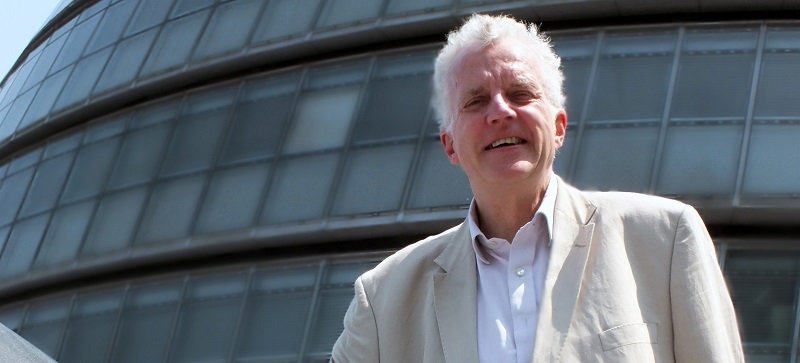Speed kills. It is as simple as that. For every 1 mph increase in speed, the number of accidents rise by 5 per cent. Therefore it is perfectly sensible for the Department for Transport to review speed limits and reduce the risks on our roads.
The death toll on our roads has been going down, but there are still over 3,200 people killed annually. That’s nine per day, or a major air crash every month. While many motorists suggest this is just the price of increased mobility, ask any mum or husband who has lost their loved ones in a crash whether that is just a risk we have to tolerate.
You only have to look at the past. In 1930, there were over twice as many people killed on the roads, including 3,700 pedestrians, because there were no speed limits and little restriction on what drivers could do.
Most accidents are easily preventable through better driving and taking more care and attention. Going slower would be the easiest way to save lives. Just cutting 2 mph off average speeds, adding just seconds to the average journey, would save 280 deaths per year.
No one, except possibly that motoring ranter Jeremy Clarkson, would suggest that there should not be any speed limits, so what is wrong with trying to tailor them to the conditions out there. I have just spent a week driving round the highways and byways of Somerset and it is clear that 60 mph is far too fast on many stretches over overcrowded road, such as the A358 between Taunton and Minehead.
The boy racers suggest that there is no point imposing tighter speed limits because no one will obey them. But people’s behaviour adapts to change and excessive speed is becoming less and less acceptable, just like drink driving has been since the 1970s, when the expression ‘one for the road’ was commonly heard in pubs. Now groups of drinkers designate their driver or take taxis.
People have even started to accept speed bumps as a necessary evil. Personally, like everyone else, I hate them. My car is so rickety that the CD player jumps when I go over them which gives Coldplay a whole new rhythm and I live in Islington, the most humped borough in Britain where they have popped up like nettles on waste land. But they work. The independent Transport Research Laboratory found that in London’s 20mph zones, which mainly use speed humps to reduce vehicle speed, there was a 57 per cent reduction in killed and seriously injured casualties. Many children walking around today would not be doing so without speed humps.
Reducing speed is not just about safety. Going at a steady cruising speed reduces petrol consumption, which not only saves money but reduces the environmental damage of motoring. Speeding has to become as unacceptable as drink driving, and anything which contributes towards that should be welcome even if the car freaks do not like it.
